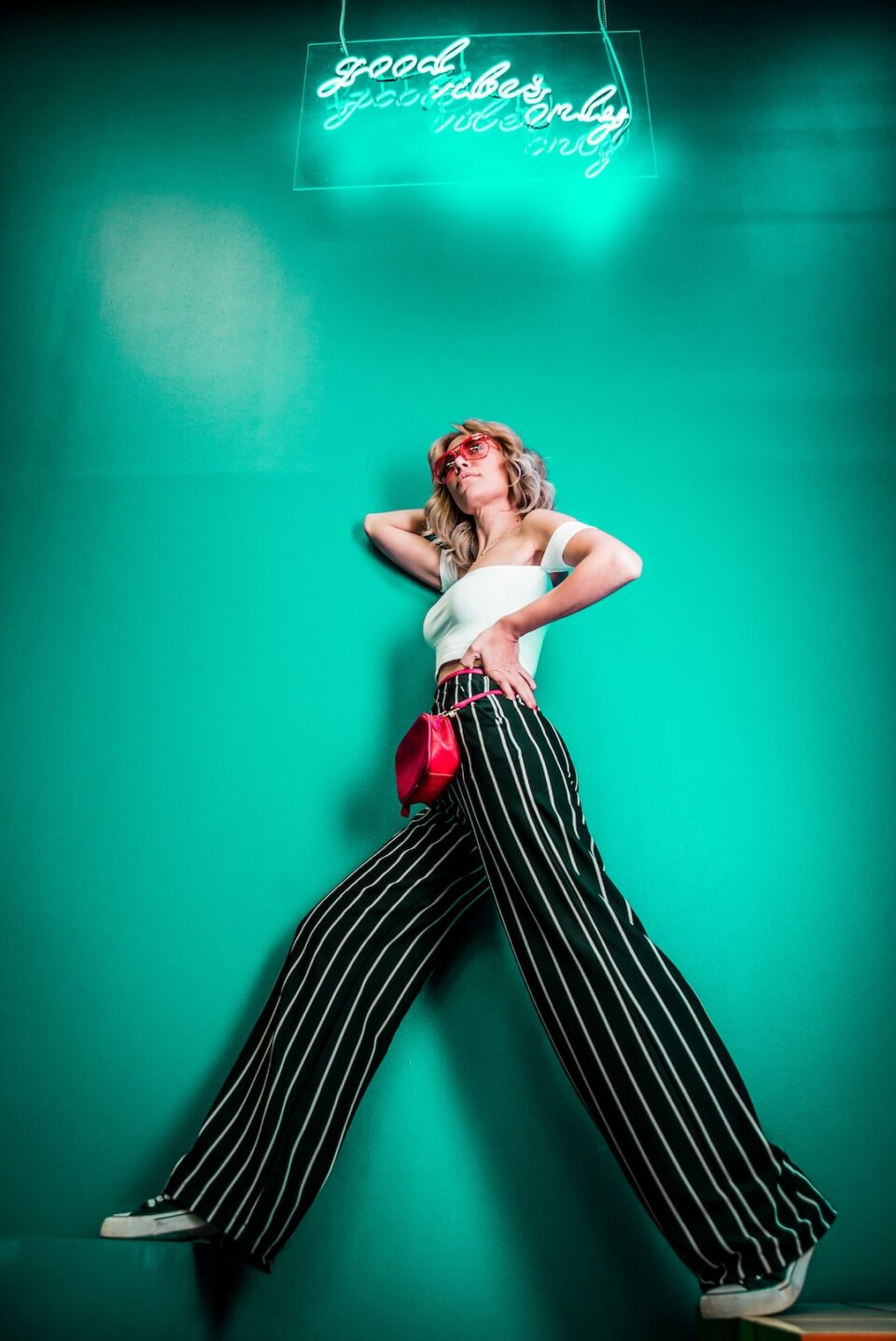Street style has evolved over the years into something that is more than just a way of dressing. It has become a way of expressing ourselves, telling our own stories, and claiming our identities. Street style is the combination of fashion, rebellion, and identity, and throughout history, it has been a way for marginalized and creative people to challenge the norms and express themselves.
In the 1950s, street style was all about the greaser look. White T-shirts, leather jackets, jeans, and sleek hair were the go-to style for those who didn’t conform to the strict dress codes of the time. This movement was propelled by the youth culture that was rebelling against the conservative style of their parents. The greaser look was also associated with rock and roll music, which had become extremely popular and was seen as a symbol of rebellion.
In the 1960s, street style was heavily influenced by the hippie culture. The classic hippie style included long hair, flowy dresses, and flared pants. It was all about comfort and freedom of expression. The hippie movement was fueled by the anti-war sentiment and the desire for social justice. The hippie style became the precursor for the bohemian and indie styles that we see today.
In the 1970s, street style took a sharp turn towards a more disco-influenced style. This was a time when fashion was all about excess. Sequins, glitter, platform shoes, and bell bottoms were the hallmarks of the disco era. The disco style was all about having fun and being flashy. It was a time when people were expressing themselves through their clothes and using fashion as a way to stand out.
In the 1980s, street style was heavily influenced by the punk culture. This was a time when people were rebelling against the establishment and the punk style allowed them to express their anger and frustration. The punk style included safety pins, leather jackets, and ripped jeans. It was all about being edgy and non-conformist. The punk style was also heavily influenced by the music of the time, which was often politically charged and rebellious.
In the 1990s, street style became much more complex. This was a time when grunge, hip-hop and club cultures were all competing for attention. Grunge was all about a disheveled look that consisted of ripped jeans, flannel shirts, and combat boots, while the hip-hop style included baggy jeans, sneakers, and oversized shirts. Club culture, on the other hand, was all about being flashy and sexy. It was a time when people were pushing boundaries and experimenting with different styles.
In the 2000s, street style became global. With the rise of social media, people were able to access fashion from all around the world. This led to a more diverse and eclectic fashion scene. The rise of hipster culture brought about a new style that was all about vintage and thrift store finds. It was a time when people were mixing and matching different styles and creating their own unique looks.
Today, street style has become all about individualism. It’s no longer about following the latest trends but about finding your own unique style. Street style is a way of expressing who you are and what you stand for. The rise of sustainable and ethical fashion has also contributed to the evolution of street style. People are now more conscious of the impact that their fashion choices have on the environment and are choosing to express themselves through sustainable and ethical fashion.
In conclusion, street style has come a long way since the 1950s. It has evolved from a way of rebelling against the establishment to a way of expressing individualism. Street style has always been a way for creative and marginalized people to challenge the norms and express themselves. It has become a way of telling our stories and claiming our identities. Street style is a living, breathing reflection of our cultures and times and will continue to evolve and inspire us in the years to come.

